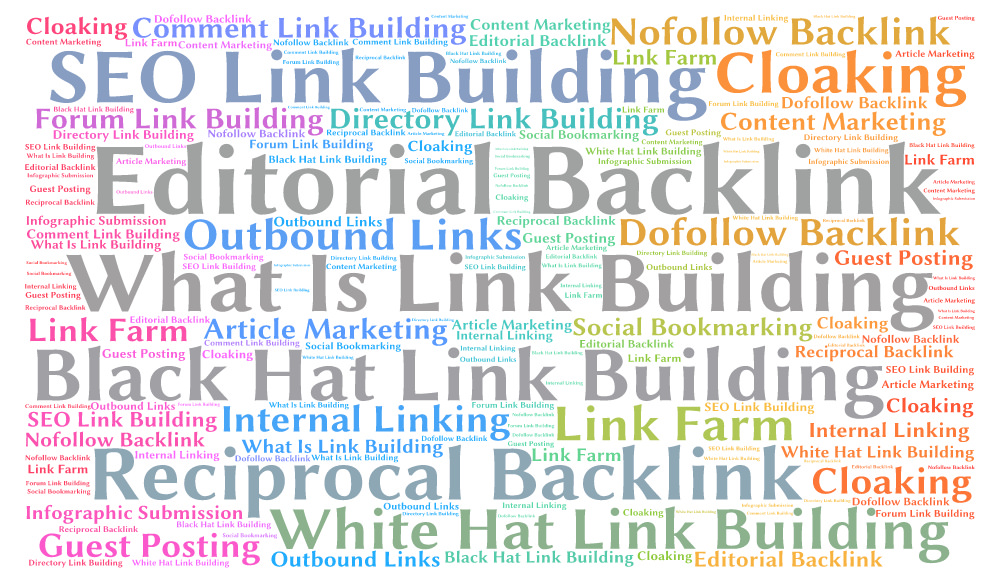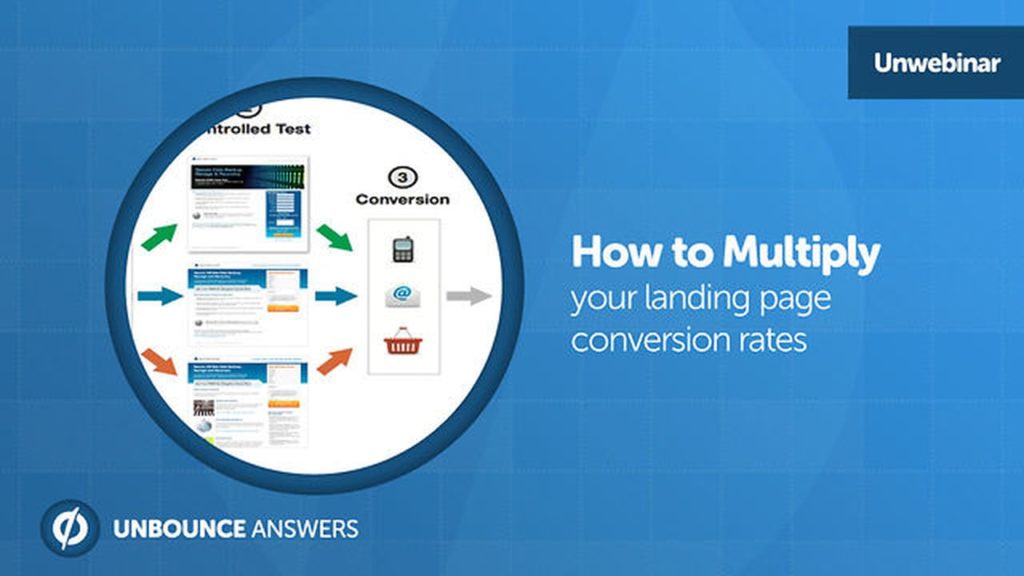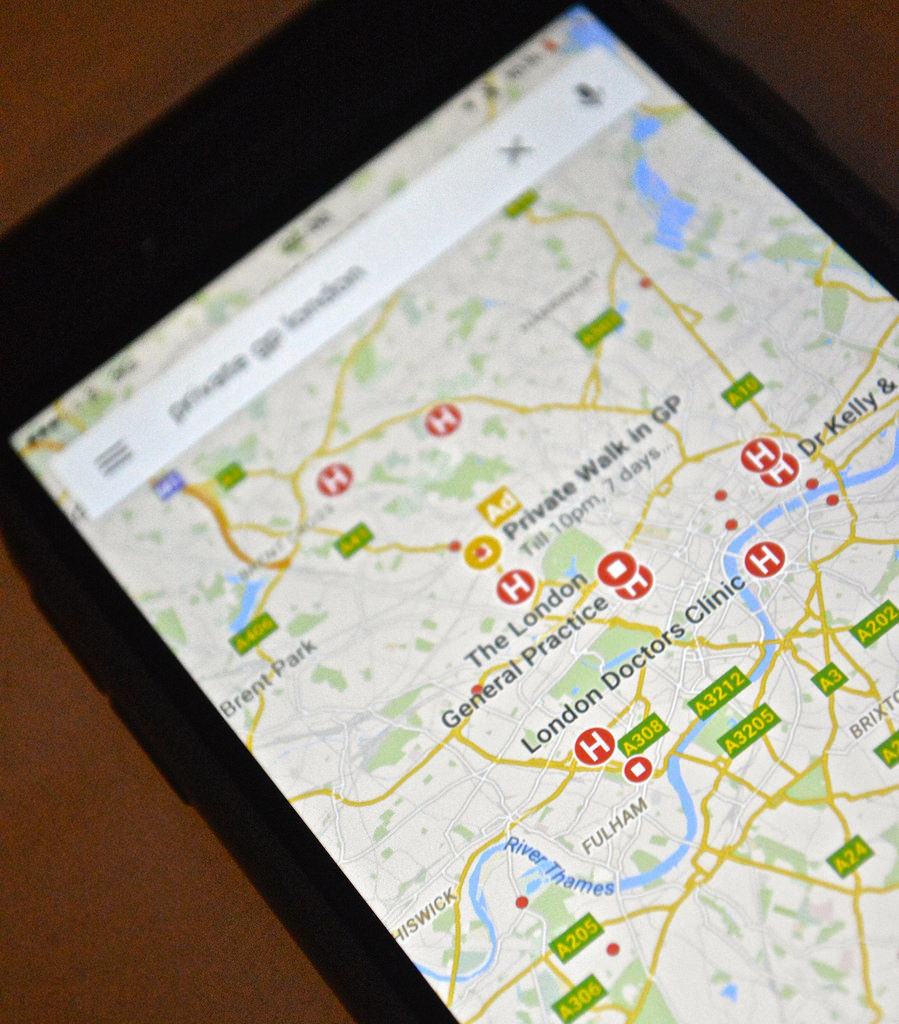
Digital Marketing Can Make or Break Your Business
The Internet is not only a dark place full of memes and bad jokes. It’s the area that is decisive to your business survival. Customers find most of their suppliers online, and over 60% of orders are passed within the digital sphere. Click and pay is not just a trendy saying, it’s a commercial reality.
People buy online, check your company online, research suitable products and services online, contact your company online, and even turn to online maps to find out what is going on in their location. In other words, if you have no digital presence, you simply don’t exist for your customers. But having a digital presence is not enough: You need to ensure that your digital strategy is up-to-date with the needs of your market.

#1. Making Your Website Accessible To All Devices
People access the Internet from a variety of devices. From smartphones to computers – without forgetting tablets –, it’s important that your website remains accessible, navigable and readable regardless of the screen size. In other words, a responsive website, aka a website that adjusts its layout to the size of the screen, is indispensable in the business world. It’s so important that search engines even penalize your website in the search results if it’s not mobile-friendly. Besides, visitors who struggle to display the website on their device choose to leave. They will buy from a competitor who offers responsive access instead.
#2. Acquiring White SEO Links
You can’t have a website nowadays without having heard about SEO, or search engine optimization. It refers to the strategies used to maximize your ranking in the search results, from wondering what are backlinks and how can I acquire them, to producing useful and informative content. In the old days, backlinks could be bought from any website, and they would support the SEO performance of your site as long as they point towards your page. However, search engines now penalize websites that receive suspicious backlinks – aka paid for links. White hat SEO suggests that backlinks should be earned through the quality of your content or the relevancy of the information.

#3. Keeping Your Social Media Safe
As a company, you are in charge of keeping your website safe from hackers. What most small companies forget is that social media platforms can also be hacked. In other words, it means that you should regularly check that your social media are safe, regarding access, network privacy setting and various security threats. Protect your brand from impersonation using security software tools that can monitor this kind of threats. Finally, don’t give access to everyone in your team. Your password protection is the duty of one social media manager.
#4. Monitoring Your Online Conversions

Image via Multiply conversions
If you are using web analytics, you are aware of online conversions. It’s the name given to a profitable action that a user takes on your website. This could be committing to purchase, paying, registering to your newsletter, or even signing up for a webinar. Conversions are positive events that you want to measure to monitor your digital performance. However, too many small companies still struggle with conversion tracking and are unable to collect valuable and accurate data from Google Analytics. For example, imagine that you want to track a purchase. The easiest way is to monitor how often the thank-you page appears at the end of a successful purchase. Thankfully, Google Analytics provides a clear step-by-step guide on the setting.
#5. Knowing Your Performing Keywords
Your keywords are, as you know, the words that people enter into the search engine to find you. Unfortunately, it occurs too often that keywords are arbitrarily defined without comparison with the user behaviors. Indeed, defining your performing keywords is about identifying the keywords that not only bring more traffic to the website but also deliver more conversions. In other words, it’s about monitoring how often these keywords are used in a search that will end up in a purchase, a newsletter sign-up or any other valuable event. It’s important to use the right tool to monitor your keywords – as Google Analytics doesn’t display keywords as part of the privacy legislation – so that you can maximize profitable ones.
#6. Keeping Your Payment Platform Safe
If you provide online payment options, you need to ensure that user transactions are safe. PCI compliance – which is the compliance to the payment card industry regulations – is the first and essential step in your payment options offering. Lack of compliance means a lot of legal issues, so it’s nothing to ignore. Payment data should be encrypted at all times, to protect the privacy of your customer’s data.
#7. Creating A Professional Email Address
When was the last time you’ve contacted a business with a contact address at Hotmail, Yahoo or Gmail? Let’s be honest, while this remains acceptable for one-man businesses and freelancers, a company needs to have an email address that reflects its domain name. Customers will not take your company seriously if you reply from your Gmail account. For a couple of $, you can easily create a domain specific email address from your favorite mailbox platforms, such as Google Mail or Outlook. So don’t save money by sticking to a personal email box; it’s damaging your business reputation.
#8. Putting Your Business On The Map
You may have added your company’s address to the website, but it is irrelevant if you haven’t’ connected your business to a mapping system. Google Maps offers Google My Business which enables your business to appear higher in local searches. Additionally, if you own a local service company, such as a restaurant, medical cabinet, or even a beauty salon, you need users to come and visit your store too. Using Google Maps enables users to directly perform a search on the map interface for the closest and best-suited service providers. In other words, you need to visible so people can find you.

Google Maps Via IntegratedChange.Net on Flickr
#9. Personalizing Your Web Presence
We live in a world of personalization. Just look at your Amazon account to find out the power of personalized offers ; Amazon uses a smart function that matches your search with similar searches to recommended other products that people have bought. Does it work? Yes, you’re more likely to follow some of the recommendations. Similarly, retail websites that can continue to highlight products you’ve looked at through your web journey are more likely as well to increase conversions. In other words, tailor your communication to your users’ interests.


